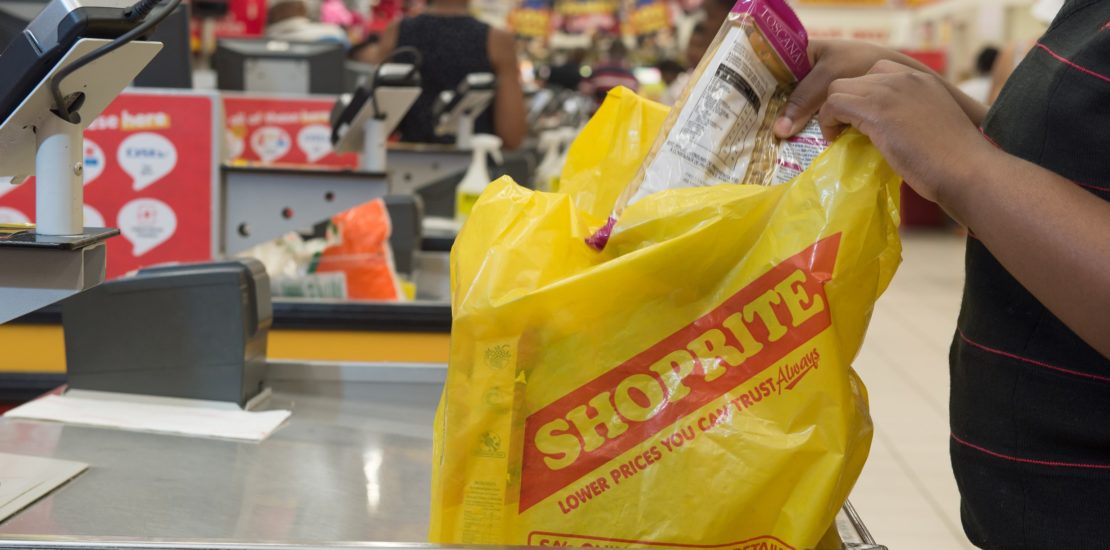- 03/08/2020
- Posted by: Julien Garcier
- Categories: Articles, Nigeria, Retail, SagaRetail, Supermarkets

South African retail giant Shoprite has revealed plans to exit the Nigerian market. It opened its first Nigerian outlet as long ago as 2005 and currently operates 25 stores there. It also owns many of the malls in which these stores are located (under the Novare brand) as part of a joint venture.
According to a trading update it issued today, “Following approaches from various potential investors, and in line with our re-evaluation of the group’s operating model in Nigeria, the board has decided to initiate a formal process to consider the potential sale of all, or a majority stake in, Retail Supermarkets Nigeria Limited, a subsidiary of Shoprite International Limited.”
Shoprite’s Nigerian sales declined at an annual rate of 6.3% in reported-currency terms and 12.3% in constant-currency terms during the 52 weeks ended June 28, 2020. Its local operations were briefly disrupted last September when a number of its stores were damaged by looters targeting South African businesses.
Including Nigeria, Shoprite’s sales outside of South Africa declined at an annual rate of 2.0% in reported-currency terms but increased by 4.0% in constant-currency terms during the reporting period. Excluding Nigeria, they declined by 1.4% in reported-currency terms but rose by 6.6% in constant-currency terms.
Apart from Nigeria, the Angolan and Zambian markets performed well, with constant-currency sales declining at an annual rate of 1.2% in the former and rising by 15.7% in the latter. Angola is the other major market where Shoprite has placed a major question mark over its long-term commitment, but the stabilisation of its sales there (a creditable performance given that, like Nigeria, the Angolan economy is heavily dependent on oil exports) may have won a reprieve for its operations there.
The Sagaci Research View: Covid-19 restrictions exacerbated market conditions in Nigeria that were already weak, with domestic supply chains buckling, lower footfall in shopping malls (where many Shoprite outlets are located), reduced consumer purchasing power, accelerating food price inflation, and an unstable oil price wreaking havoc on the naira’s exchange rate.
Shoprite is the latest, and most prominent, in a series of South African retailers (most recently Mr Price) that have quit the continent’s largest market in part because to its Byzantine international trade and currency exchange regulations: The 2020 edition of the World Bank Group’s Ease of Doing Business Index ranked Nigeria 179 out of 190 countries in terms of “how easy it was to trade internationally.”
To read the trading update in full, click here


